Why Do We Feel The Need To Create New Things?
Why do you feel the need to create?
Why does getting something new make us feel so good?
Why is what we have not enough?
Tune in, as Oleg and BJ Miller, explore the need for creation, ways to appreciate life, and other related topics.
The Rise of the Adoptee
It was humiliating.
Every time they left the household, whether it was to the grocery store or the mall, “My placement in the family was questioned.”
She said, “People wanted to know how much I cost, where I came from, how my parents found me and where my real parents were.”
Questions that made Reshma McClintock feel embarrassed.
Questions that made her feel unsafe.
Questions that ignited her current work, Dear Adoption.
I asked, “How and why did you create, Dear Adoption?”
She said, “I started talking about it with my family first… then I started writing about it… I wrote publicly about adoption… Then, a friend from high school whom I haven’t seen or spoken to for about 17 years contacted me. He contacted me… and asked if I have been back to Kolkata. I said, “I’ve been to India, but not Kolkata.” He said, “What if we filmed a documentary about your first return?”
Fast-forward a few years, Calcutta is My Mother, was born.
A documentary that triggered hundreds of responses from other adoptees.
Responses that led Reshma to create a space for other adoptees.
A space where adoptees can share their perspectives on adoption, whether they’re for it or not.
A space that makes them feel safe.
A space that makes them feel like they belong.
Help others elevate before you elevate yourself.
EPISODE HIGHLIGHTS:
On Questioning: Think before you speak
On Grief: Don’t try to contain it
On Stereotypes/Racism: Have a pulse on the society/culture
On Sharing: Create a space for it
On Courage: Surround yourself with others who support you
Three principles to live by: Listen, persist, and have grace
Rules of the Game
It was painful.
18 years had passed before he saw her again.
He said, “We got in our family car. Drove to downtown Louisville, KY. Walked into a building we’ve never been to before.”
Reese Hoffa, along with his brother were playing in one room, while Diana was filling out paperwork in the other.
Everything seemed normal until him and his brother were separated.
Confused, he turned to his mother only to see her leave the place.
“Orphan,” a term that became a part of Reese’s identity.
His time at the orphanage included both sides of the spectrum. There were days when he was fed and cared for, and there were days when he was physically abused.
St. Thomas - St. Vincent orphanage, a place that taught Reese the unspoken lessons in life.
St. Thomas - St. Vincent orphanage, a place that’s with him everywhere he goes, including the Olympics.
In third grade, he threw his first shot.
In high school, he became a state champion.
In 2012, Reese won his first Olympic Games bronze medal.
A man who found ways to turn his dream into a reality.
A man who has finished in the top five at the USA Outdoor Championships for nine consecutive years.
I asked, “Do you have any advice for those who are thinking about going after their dreams?”
He said, “If you go after your dreams, you must believe in yourself and don't put ‘impossible’ on a pedestal.”
EPISODE HIGHLIGHTS:
On living in the orphanage: Don’t be afraid
On adoption: You should be given a choice to say, “No”
On language: Only say it, if you mean it
On finding birth family: Do it while you can
On success: Stay hungry
Refuse to Lose
Failure is good.
Fail fast, fail often.
She said, “I failed many times throughout my life.”
At school, she was not the best student.
At home, her life was one of abuse and fear.
But, she was good at one thing.
She spent countless hours practicing with all the boys who were older, stronger and taller than her.
Basketball saved her.
I asked, “Why kind of impact did basketball have on your life?”
She said, “I wanted to play basketball to get out of my home.”
Basketball took her to her dream school. It challenged her. It tore her down. It discouraged her to the point of planning an escape.
But, she continued to tell herself, “Get to the next play.”
One day after another, the message remained the same.
She turned adversity to her advantage and owned her outcome.
Even after everyone stopped caring about what she had accomplished.
She chose to Refuse To Lose.
EPISODE HIGHLIGHTS:
On self-improvement: It’s a daily habit
On problems: Be solution-focused
One adversity: It will become your advantage
